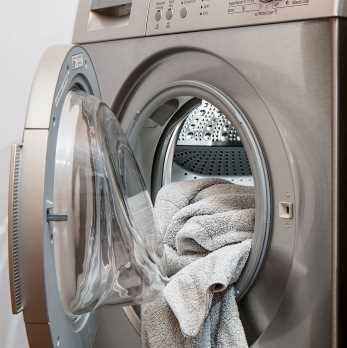How to Protect Kidney Health and Prevent Protein in Urine
Maintaining healthy kidneys is crucial for overall well-being, yet many people overlook the importance of these vital organs. Protein in urine, also known as proteinuria, can be an early warning sign of kidney problems. This article explores the significance of kidney health, risk factors for proteinuria, and practical steps to protect your kidneys and prevent urinary tract infections.
Why is Kidney Health So Important?
Your kidneys play a vital role in filtering waste products from your blood, regulating blood pressure, and producing essential hormones. When kidneys are damaged, protein can leak into the urine, potentially indicating underlying health issues. Early detection of proteinuria is crucial, as it allows for timely intervention and prevention of further kidney damage.
What Are the Early Warning Signs of Kidney Problems?
Recognizing the early signs of kidney issues is essential for prompt treatment. Common symptoms include frequent urination, fatigue, swollen ankles, and persistent itching. However, kidney disease can often be silent in its early stages, making regular check-ups and urine tests crucial for early detection of proteinuria and other kidney-related concerns.
How Do High Blood Pressure and Diabetes Affect Proteinuria?
High blood pressure and diabetes are two major risk factors for kidney damage and proteinuria. Uncontrolled hypertension can damage blood vessels in the kidneys, while diabetes can affect the organ’s filtering units. Both conditions can lead to increased protein excretion in urine. Managing these conditions through medication, lifestyle changes, and regular monitoring is essential for preventing kidney complications.
What Are the Best Dietary Choices for Supporting Kidney Function?
A kidney-friendly diet can significantly impact your renal health. Focus on consuming plenty of fruits and vegetables, whole grains, and lean proteins. Limit your intake of sodium, processed foods, and excessive animal proteins. Foods rich in antioxidants, such as berries and leafy greens, can help protect kidney cells from damage. Additionally, maintaining a healthy weight through proper nutrition can reduce the strain on your kidneys.
How Do Hydration and Exercise Contribute to Kidney Health?
Staying well-hydrated is crucial for kidney function. Aim to drink at least 8 glasses of water daily, adjusting for your activity level and climate. Proper hydration helps flush out toxins and reduces the risk of kidney stones. Regular exercise also plays a vital role in kidney health by helping maintain a healthy weight, reducing blood pressure, and improving overall cardiovascular health. Aim for at least 150 minutes of moderate-intensity exercise per week.
Interesting facts about kidney health:
- Your kidneys filter about 200 quarts of blood daily
- Kidney disease often shows no symptoms until it’s advanced
- Smoking can accelerate kidney damage
- Certain medications can affect kidney function
- Regular urine tests can detect early signs of kidney problems
When Should You Seek Medical Advice for Urinary Protein Levels?
If you experience persistent foamy urine, swelling in your hands or feet, or unexplained fatigue, it’s time to consult a healthcare professional. Additionally, individuals with risk factors such as diabetes, hypertension, or a family history of kidney disease should undergo regular kidney function tests. Early detection and treatment of proteinuria can significantly improve outcomes and prevent progression to more severe kidney disease.
| Treatment Option | Provider Type | Key Features |
|---|---|---|
| Medication | Nephrologist | Treats underlying conditions, manages symptoms |
| Dietary Changes | Registered Dietitian | Customized meal plans, nutritional guidance |
| Lifestyle Modification | Primary Care Physician | Exercise recommendations, smoking cessation |
| Regular Monitoring | Urologist | Urine tests, blood pressure checks, imaging studies |
Protecting your kidney health is a lifelong commitment that involves a combination of healthy lifestyle choices, regular medical check-ups, and prompt attention to any warning signs. By understanding the importance of kidney function and taking proactive steps to prevent proteinuria and urinary tract infections, you can significantly reduce your risk of kidney disease. Remember, early detection and intervention are key to maintaining optimal kidney health and overall well-being.
This article is for informational purposes only and should not be considered medical advice. Please consult a qualified healthcare professional for personalized guidance and treatment.
The shared information of this article is up-to-date as of the publishing date. For more up-to-date information, please conduct your own research.





